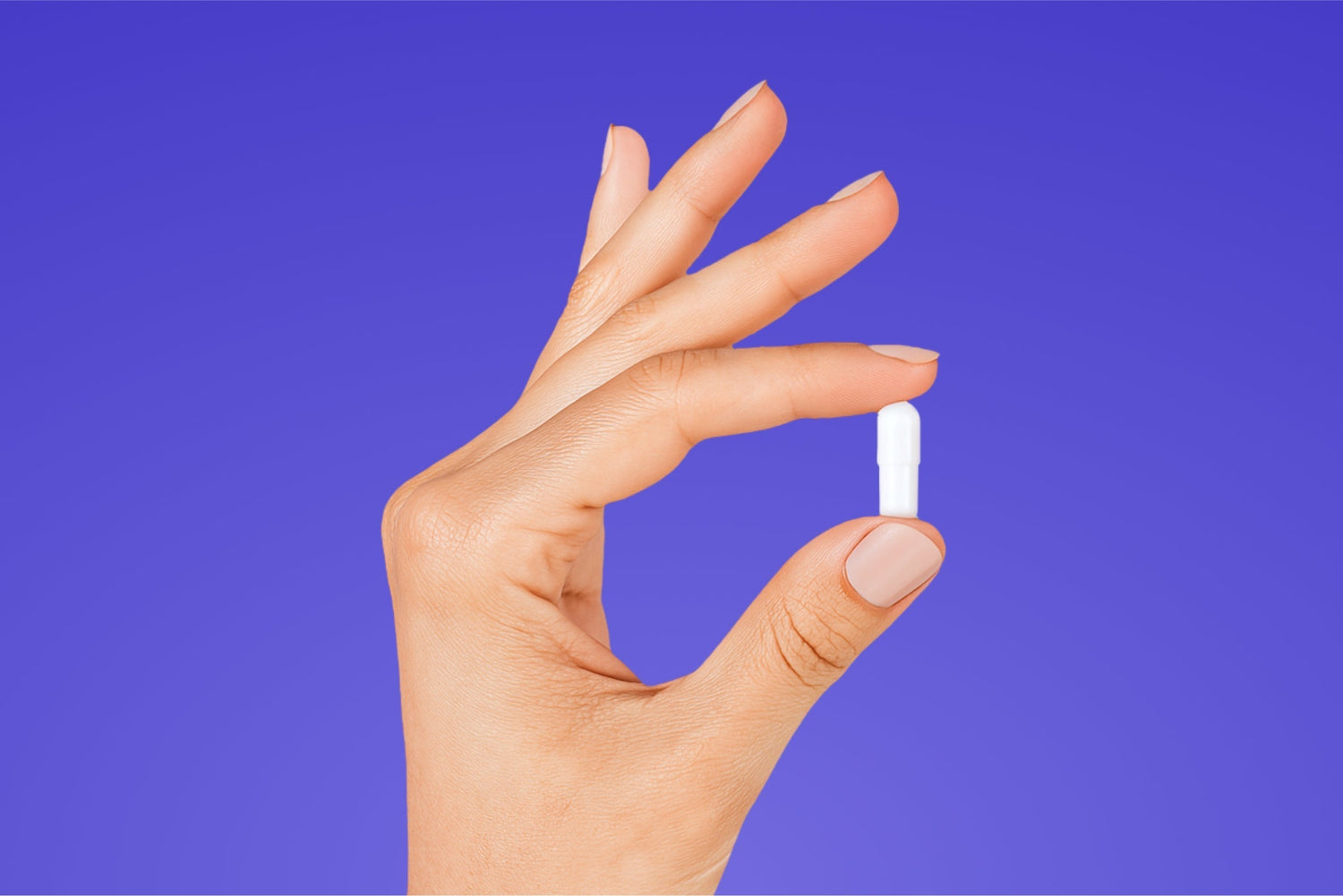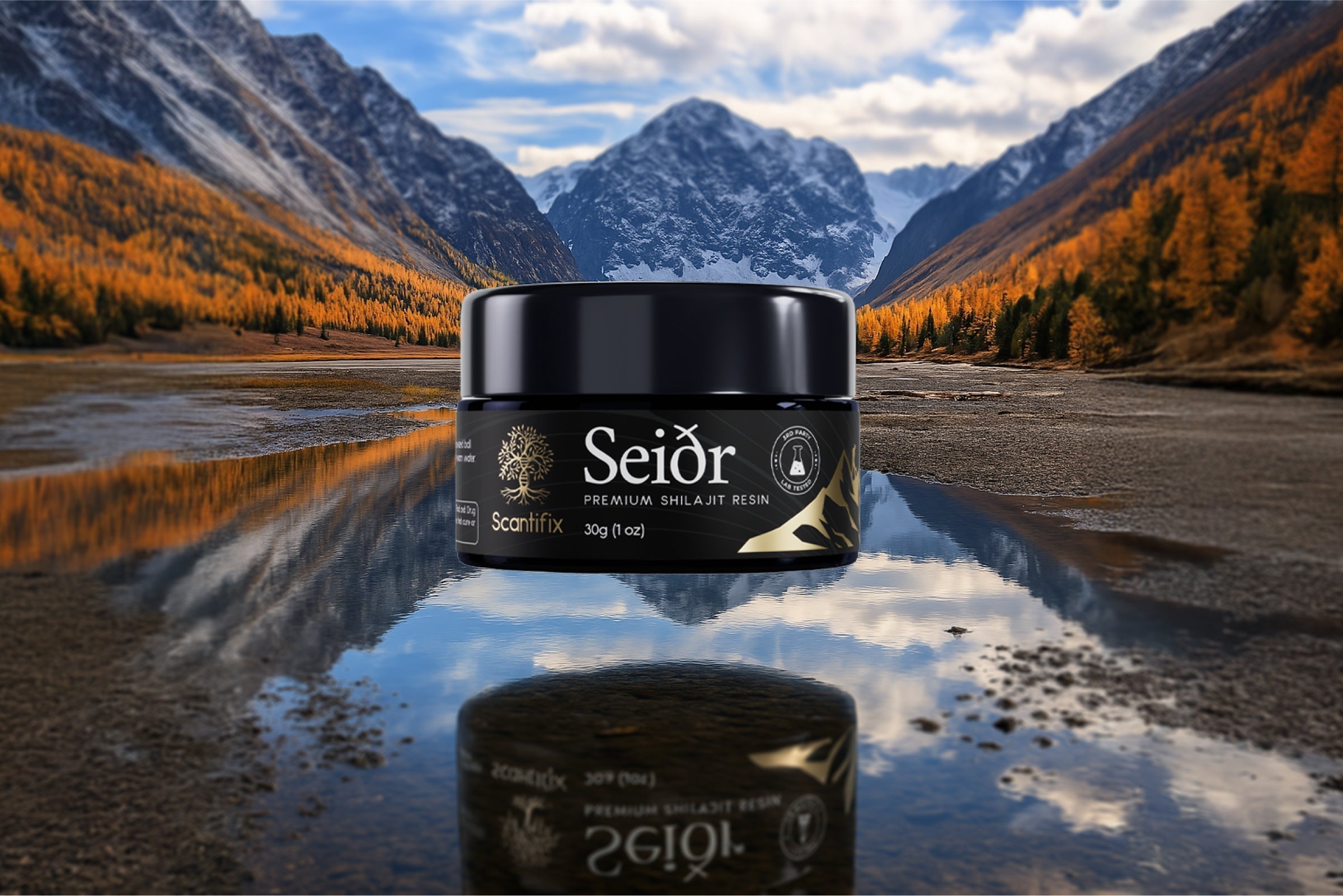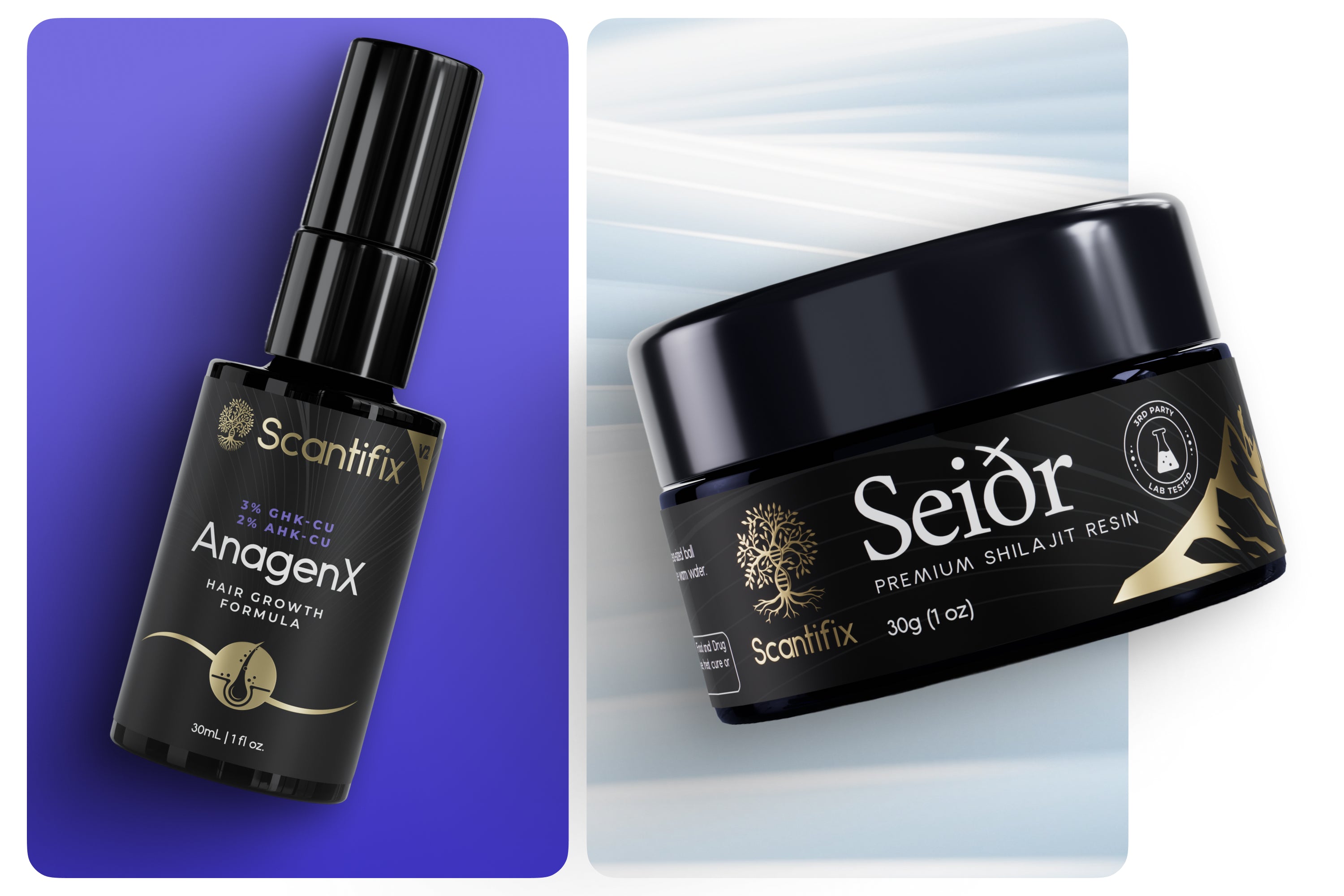In the past few years, oral peptide research has shifted from whispers in scientific journals to discussions in supplement forums, athletic circles, and even mainstream anti-aging communities. Peptides, once limited to injections, are now being encapsulated. Swallowed. Absorbed. And possibly revolutionizing how we think about health, healing, and human performance.
How? Let’s break this down...
What are oral peptides
Traditionally, peptides are administered through injections to bypass the harsh environment of the gastrointestinal tract, which tends to break peptides down.
But enter oral peptide supplements. These come in peptide capsules or sometimes as sublingual tablets, promising to deliver active peptides directly into your bloodstream without a needle in sight. For people averse to injections, this is like discovering coffee after centuries of chewing raw beans.
Thanks to innovations in encapsulation technology, researchers are finding ways to shield peptides from stomach acids and enzymes that would normally destroy them. This means peptides could now be consumed orally and still retain bioactivity.
How do oral peptides work
Oral peptides work by mimicking or enhancing the body’s natural signaling pathways. Once they are absorbed, they bind to specific receptors on the surfaces of cells, triggering a cascade of biochemical events.
However, the absorption of oral peptides hinges on their ability to survive digestion and be absorbed via the intestinal epithelium (the layer of cells that lines the inside of the intestines and helps with absorption and protection).
While the oral peptide absorption rate varies widely depending on the peptide structure and the delivery mechanism, new forms like enteric coatings, nanoparticle carriers, and fatty acid conjugation are improving these results.
Benefits of oral peptide supplements
Oral peptide supplements are increasingly being explored for their wide-ranging health and wellness applications. Let’s look at some of the most compelling areas where they’re making an impact.
Oral peptides for muscle growth
Many peptides, like Ipamorelin or MK-677, are studied for stimulating the body’s own growth hormone production, leading to increased muscle mass and faster recovery. Athletes and bodybuilders are increasingly turning to oral peptide supplements as a legal and safer alternative to anabolic steroids.
What excites us is the potential to use these muscle-enhancing effects for medical applications, such as combating muscle wasting diseases or aiding rehabilitation after injury.
Oral peptides for weight loss
Peptides like AOD9604 and Tesofensine are under study for their role in lipolysis (fat burning) and appetite regulation. These oral peptides could become crucial in managing obesity, especially when combined with lifestyle changes and other interventions.
We’re seeing early signs that these compounds may not only support weight loss but also help retain lean body mass, potentially marking a major advancement in metabolic health.
Oral peptides for healing and recovery
Certain peptides such as BPC-157 (Body Protection Compound) are showing promise in tissue regeneration, reducing inflammation, and healing joints, tendons, and even ulcers. Delivered in oral form, they may open doors for people recovering from sports injuries, surgeries, or chronic inflammatory conditions.
We believe we’re just scratching the surface here. Future trials may show that peptide capsules can accelerate post-operative healing or even enhance neuroregeneration.
Oral peptides for anti-aging
Aging is, in part, a breakdown of communication in the body. Peptides like Epitalon are being explored for their role in extending telomeres (those protective caps on DNA), potentially slowing down the aging clock.
Though we're still years from a "peptide pill of immortality," the idea of using oral peptides to maintain youthful cellular function isn’t science fiction anymore. It’s quietly becoming science fact.
Oral peptide vs Injectable
Time to compare. Injectable peptides offer direct bloodstream delivery, ensuring superior absorption and efficacy. They’re still the gold standard in clinical settings, especially for serious interventions.
However, oral peptides are gaining ground fast. With improved oral peptide absorption rates, they now offer a viable, non-invasive option for long-term use.
From a research standpoint, injections will likely remain superior for precise dosing, but oral forms may dominate in consumer markets due to convenience and compliance.
Oral peptide vs Topical peptide
Topical peptides work well for localized effects, particularly in skincare and injury treatment. But their penetration is limited.
Oral peptides, by entering systemic circulation, can target deeper physiological systems. For example, oral BPC-157 may affect gut lining and brain inflammation simultaneously, something a topical version simply can’t accomplish.
Each has its place, but if I had to bet on which format will scale better across industries, oral peptides seem like a winner...
What the data shows
The number of oral peptides in clinical trials is rising. Peptides like Oral Semaglutide (used for type 2 diabetes) have already hit the market, showing that oral formulations can be both safe and effective.
Here are a few standout examples from recent clinical trials that highlight the potential of oral peptides:
-
MK-677 (Ibutamoren): In a double-blind study of 65 elderly subjects, daily oral dosing of MK-677 for 12 months increased growth hormone levels to those of young adults and increased lean body mass by an average of 1.6 kg.
-
AOD9604: A randomized, double-blind, placebo-controlled trial of 300 obese individuals showed a statistically significant reduction in body weight (average 2.8 kg) over 12 weeks, with no serious adverse events.
-
Oral Insulin Peptide (ORMD-0801): In a Phase 2b trial involving 450 patients with type 2 diabetes, ORMD-0801 showed a significant reduction in fasting glucose levels by an average of 29.5 mg/dL after 12 weeks, compared to 14.7 mg/dL in the placebo group.
Other trials are exploring peptides for Alzheimer’s, IBS, and even cancer adjunct therapy. While results vary, the overall trend is clear: oral peptide research is no longer fringe science.
Best oral peptides
In research, the best peptide choices are guided by two essential principles: safety and purity. Peptides that demonstrate consistent results, are well-tolerated, and act through well-understood mechanisms tend to stand out.
At Scantifix, we offer a complete range of oral peptides sourced from partners we trust, ensuring that your research is built on a foundation of quality and reliability.
Final Thoughts
We’re living through a fascinating transition in human medicine. What was once the domain of synthetic drugs and invasive procedures is shifting toward biologics that work in harmony with the body’s natural systems.
As delivery technologies advance, and as we learn more from oral peptides in clinical trials, new therapeutic possibilities will emerge, where the line between biology and technology blurs, enabling elegant solutions to age-old medical challenges.

|
 |
 |
 |
References
1. Nass, R., Pezzoli, S. S., Oliveri, M. C., Patrie, J. T., Harrell, F. E., Clasey, J. L., Heymsfield, S. B., Bach, M. A., & Thorner, M. O. (2008). Effects of an oral ghrelin mimetic on body composition and clinical outcomes in healthy older adults: a randomized trial. Annals of Internal Medicine, 149(9), 601–611. https://doi.org/10.7326/0003-4819-149-9-200811040-00005
2.Jóźwiak, M., Bauer, M., Kamysz, W., & Kleczkowska, P. (2025). Multifunctionality and Possible Medical Application of the BPC 157 Peptide—Literature and Patent Review. Pharmaceuticals, 18(2), 185. https://doi.org/10.3390/ph18020185
3. Ng, F. M., Chan, K. K. Y., Lam, K. S. L., & Chow, C. C. (2013). A randomized controlled trial to evaluate the efficacy and safety of AOD9604 in obese adults. Diabetes, Obesity and Metabolism, 15(2), 136–143. https://doi.org/10.1111/j.1463-1326.2012.01658.x
4. Eldor, R., Arbit, E., Corcos, A., & Kidron, M. (2013). Oral insulin therapy using ORMD-0801 insulin formulation: A randomized, double-blind, placebo-controlled Phase 2 trial. PLOS ONE, 8(7), e67362. https://doi.org/10.1371/journal.pone.0067362
5. Khavinson, V. Kh., & Morozov, V. G. (2003). Peptides of pineal gland and thymus prolong human life. Neuro Endocrinology Letters, 24(3-4), 233–240. https://pubmed.ncbi.nlm.nih.gov/1452336









Leave a comment
All comments are moderated before being published.
This site is protected by hCaptcha and the hCaptcha Privacy Policy and Terms of Service apply.